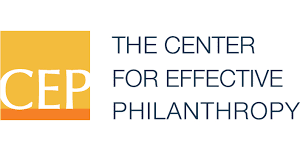Leonora Grcheva is the Cities and Region lead at the Doughnut Economic Action Lab (DEAL), working with people from all over the world to explore new ways of envisioning their local communities. The project draws upon the ideas of the British economist Kate Raworth, who, in her 2017 book Doughnut Economics: Seven Ways to Think Like a 21st Century Economist, [1] proposed a new economic theory which addresses the question: “How can we ensure that every human being has the resources they need to meet their human rights – but that collectively we do it within the means of this planet?” The book became an international best-seller and generated wide-spread interest; we did an article on it ourselves in the magazine. (Click here) The work of the Action Lab is to explore how the theory can be put into practice, and Leonora is currently working with about 50 cities and regions across the world in ‘rolling out the doughnut’ to explore innovative ways of living and working together. Jane Clark and Peter Huitson talked to her by Zoom.
Beshara Magazine


